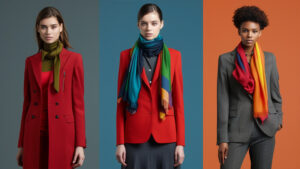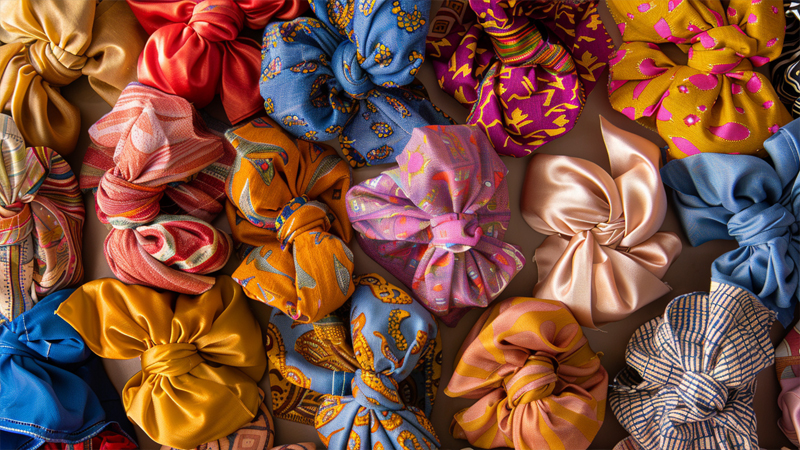
I’ll never forget how my aunt’s laughter echoed as she tied her hair wrap each night—a ritual that felt like magic to my 8-year-old eyes.
Hair wraps protect natural hair, honor cultural roots, celebrate creativity, and build sisterhood among Black women.
But there’s more beneath the fabric. Let’s unwrap this together.
What is the historical significance of hair wraps in Black culture?
My grandmother once told me, “These wraps carry stories older than your bones.”
Hair wraps date back to pre-colonial Africa, symbolizing status, spirituality, and resistance during slavery.
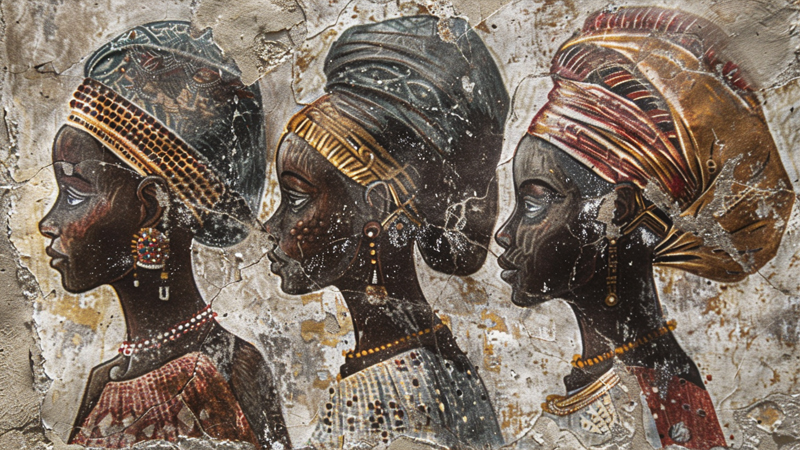
Threads of survival
When enslaved Africans were forced across oceans, hair wraps became secret armor. Women hid seeds in their headwraps1 to grow food, braided escape routes into hairstyles, and used fabric scraps to maintain dignity. I still get chills holding the frayed headwrap my great-great-grandmother wore—its faded indigo whispers of survival.
By the 1970s, wraps roared back as political statements during the Black Power movement2. My aunt marched in protests wearing her Ankara-print wrap like a crown. Today, I see teens at the grocery store pairing wraps with hoop earrings, rewriting history with every knot.
| Era | Significance |
|---|---|
| Pre-1700s | Tribal identity, spiritual protection |
| 1700s-1800s | Resistance tool during slavery |
| 1900s-present | Cultural pride & self-expression |
How do hair wraps benefit hair health for Black women?
“Girl, my edges need a vacation!” My cousin joked last week while twisting her silk wrap.
Wraps prevent breakage, retain moisture, reduce styling time, and protect from environmental damage.
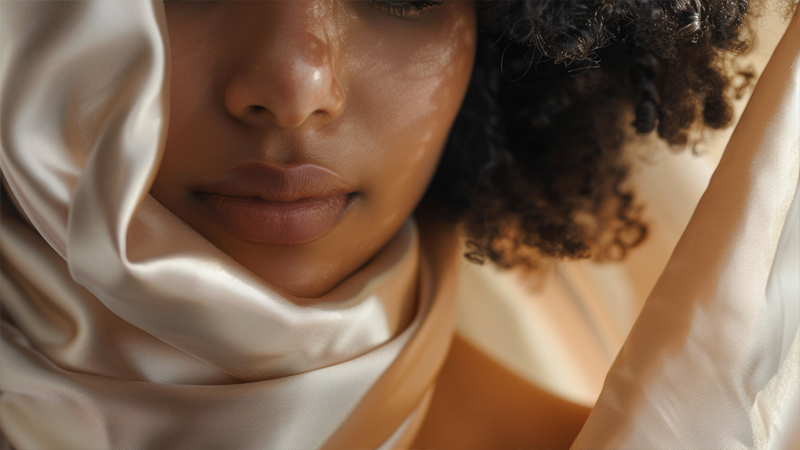
The science of protection
Natural Black hair is like delicate lace—beautiful but fragile. Wraps create a shield against:
- Harsh sunlight (fades color)
- Cotton pillowcases (cause friction)
- Cold winds (cause dryness)
I learned this the hard way after ruining my twist-out during a windy beach day. Now I never travel without my satin wrap3—it’s like a security blanket for my coils.
In what ways do hair wraps serve as style statements?
“That wrap is everything!” I blurted to a stranger at the bus stop last Tuesday. She grinned like I’d handed her roses.
Wraps transform outfits into art—mixing patterns with jewelry, matching fabrics to moods, or making bad hair days vanish.
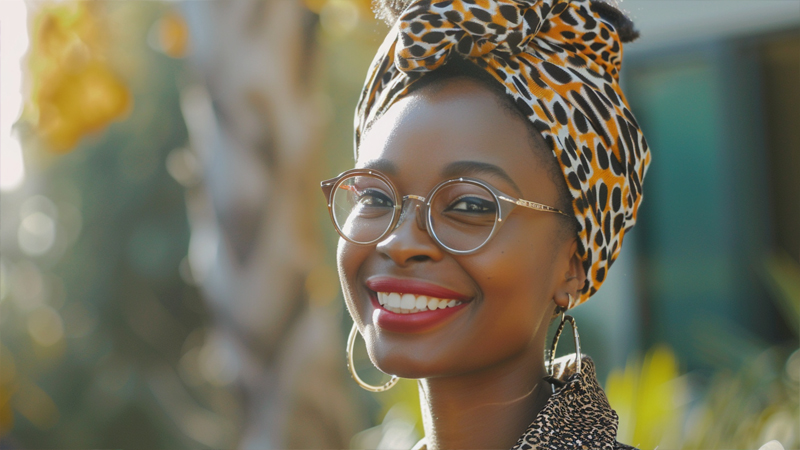
Wearable confidence
My friend Jamila coordinates wraps with her nail art. Last Tuesday: lemon-yellow georgette with daisy-painted tips. Yesterday: midnight-blue velvet with silver stars. “It’s my mood ring for the world,” she says.
I’ve seen women turn grocery runs into fashion shows:
- Bold animal prints4 for “don’t mess with me” days
- Soft pastels when feeling gentle
- Metallic threads for celebrations
How do hair wraps express community and identity?
At last year’s Juneteenth festival5, I counted 47 stunning wraps6 in one hour—each a silent “I see you” to other Black women.
Shared wraps create instant bonds, signaling “we belong” across generations and borders.
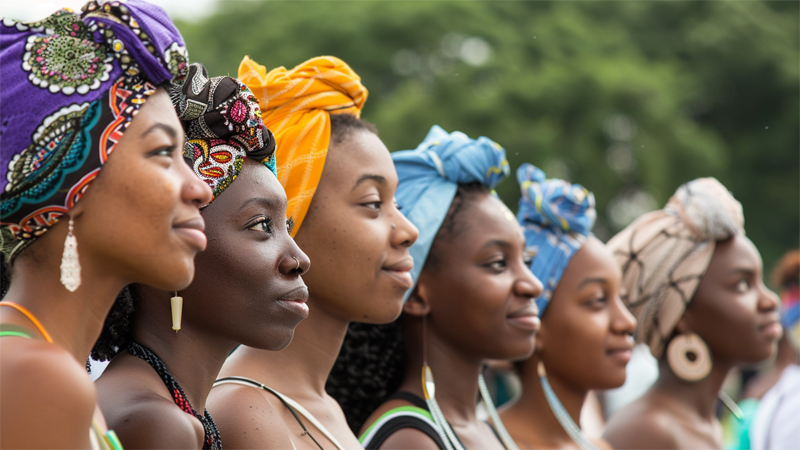
The language of knots
There’s a secret code in how we tie them:
- Turban style: “I’m owning my power”
- Loose drape: “Casual but conscious”
- Elaborate folds: “Celebrate this moment with me”
When I moved to Berlin last year, spotting a woman in a kente wrap felt like finding family. We didn’t speak the same language—but our head nods said everything.
Conclusion
Hair wraps are heirlooms—woven with history, care, pride, and endless reinvention.
-
Exploring this link will deepen your understanding of the cultural and historical importance of headwraps in African heritage. ↩
-
Learn about the intersection of fashion and activism during the Black Power movement, a crucial part of history worth exploring. ↩
-
Explore the advantages of satin wraps for protecting natural hair and maintaining moisture, ensuring your coils stay healthy and vibrant. ↩
-
Explore this link to discover how bold animal prints can elevate your style and make a statement on any occasion. ↩
-
Explore the rich history and cultural importance of the Juneteenth festival, celebrating freedom and African American heritage. ↩
-
Discover the beauty and significance of stunning wraps in fashion, especially within the Black community, and how they express identity. ↩


